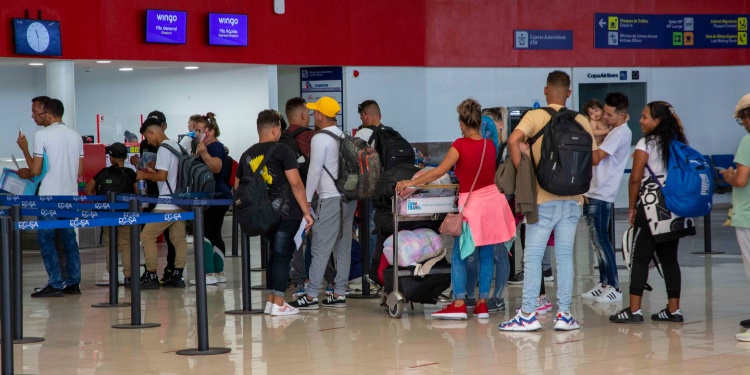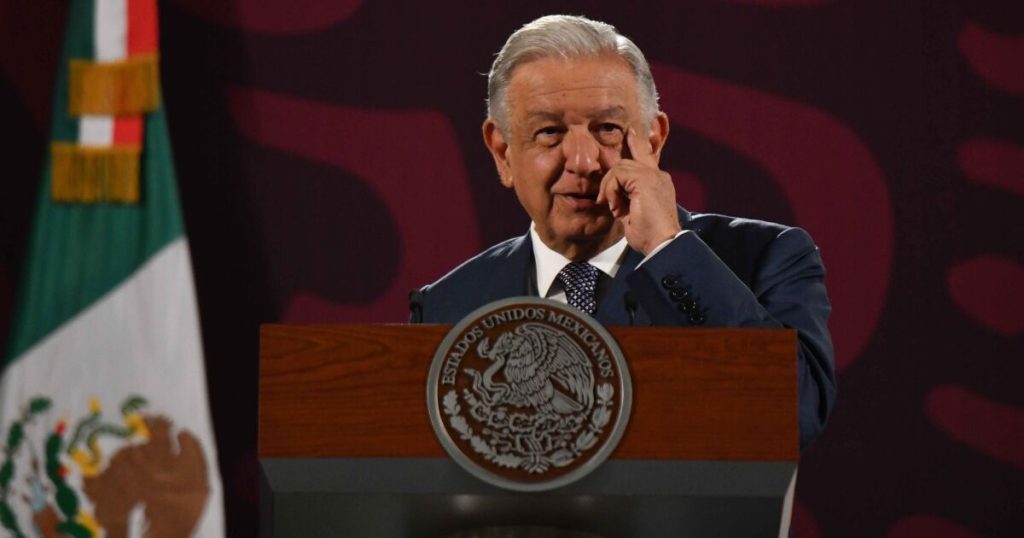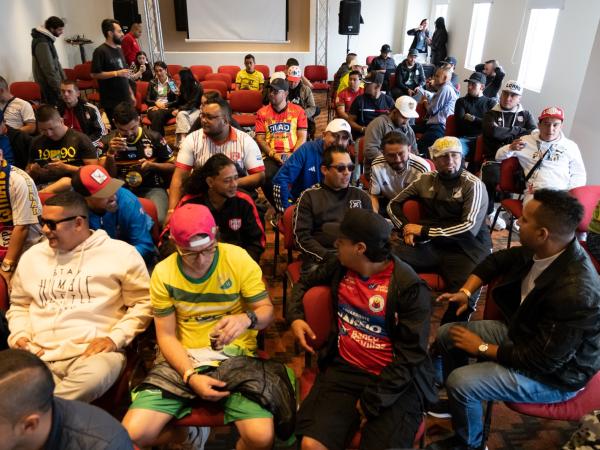SAN LUIS POTOSÍ, Mexico.- This Friday, during the third session of the National Assembly in its tenth legislature, the Cuban regime approved the draft Migration Law.
The law was presented to the deputies by First Colonel Mario Méndez Mayedo, head of the Directorate of Identification, Immigration and Foreigners (DIIE) of the Ministry of the Interior (MININT), according to the press official.
With a scarce stake which endorsed what had already been imposed by those who drafted it, the deputies participated in a process of “debate” on the new legislation, prior to its approval.
Deputy Yamila González Ferrer, from Mantua, for example, blamed the “intensification of the blockade” for the growing migration.
Deputy Francisco Ricardo Sagaró Rosales, from Santiago de Cuba, said that the three regulations (Immigration, Foreigners, Citizenship) “have been the most widely publicized and distorted on the networks, even though migration is a global and historical phenomenon. With this law, the Cuban State strengthens its ties with emigration.”
Are we moving forward?
Without disagreement, the deputies agreed that the law was necessary: ”with this law we are moving forward on the path to strengthening ties with Cubans living outside the homeland.”
The preliminary draft of the new Migration Law It was published by the National Assembly of People’s Power of Cuba in June.
According to the document Regarding the legislative projects on Immigration and Migration, the law eliminates the 24-month stay abroad and the designation of migrant for this reason, “based on the new definition of effective migratory residence.”
It also seeks to regulate the Cuban migration process to achieve “regular, orderly and safe migration” amid the severe migration crisis that the country is experiencing.
According to the text, the main objective is to offer migration solutions that help Cubans integrate into the new economic model.
The effective residence
According to the law, Cubans, when in the national territory, will receive treatment “similar to that of Cuban residents, except in those aspects where the Law establishes otherwise.”
By removing the 24-month time limit for staying abroad and, consequently, the designation of a migrant for that reason, the definition of “effective migratory residence” is introduced, which is the condition that Cubans have when they accumulate, in the term of the year prior to the date on which the application is made, the majority of their time in the national territory.
The text refers to Cuban citizens as residents in the national territory or residents abroad.
Residents abroad are those persons who spend most of their time outside the national territory and have their residence and domicile in another country, and includes those who had this status before the present Law came into force.
Those who participate in the Cuban economic model are classified as investors and businesses, based on the modalities approved by law.
The text specifies that a person with a history of terrorism, human trafficking, migrant trafficking, drug trafficking, money laundering, or illegal possession or carrying of weapons, in addition to other acts that are condemned at an international level, may be inadmissible for entry into the national territory.
Entry into the country will also be limited to Cubans when it is due to “interests in guaranteeing Defense, National Security or Internal Order”; “measures aimed at combating or preventing the spread of epidemics”; “public order or interest”; among others that entail a state of emergency or that may harm the population, the document states.
Follow our channel WhatsApp. Receive the information from CubaNet on your cell phone through Telegram.















